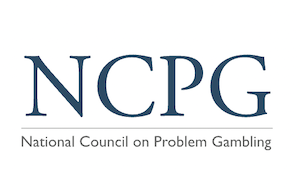Current online sports betting regulations in the US are on average meeting less than 40 per cent of 82 key player protection standards, a report has found.
The best performing states in this regard are meeting just under 60 per cent of the standards, according to the National Council on Problem Gambling’s study.
But the average across the country is only 32, amounting to 39 per cent of the total.
The US States’ Online Sports Betting Regulations: An Evaluation Against National Council on Problem Gambling Standards report “reflects the patchwork nature of existing regulations and the significant gaps in consumer protections,” said Keith Whyte, executive director of the NCPG.
“We urge legislators and regulators to take immediate steps to close these gaps and work to mitigate gambling-related harm.”
Connecticut, New Jersey and Virginia are most aligned with the NCPG’s Internet Responsible Gambling Standards (IRGS), the report found, meeting 49 out of 82 – or 59 per cent – of the standards.
However, 11 states met between 10 and 24 of the standards: Arkansas; Delaware; Florida; Iowa; Kansas; Kentucky; New Hampshire; Nevada; Rhode Island; West Virginia; and Wyoming.
Nine states including Arizona and Ohio met between 25 and 39 of the standards, while 10 states and Washington DC met 40 or more of the standards, including New York, Pennsylvania and New Jersey.
The report says states should incorporate measures such as governance and policy, staff training and supporting informed decision-making by players into their regulatory frameworks.
Time-out and self-exclusion, customer support, marketing and advertising and KYC are also priority areas for many states to work on, the NCPG said.
The NCPG will host a webinar on Tuesday, September 24, to explain the report’s findings and recommended next steps.

